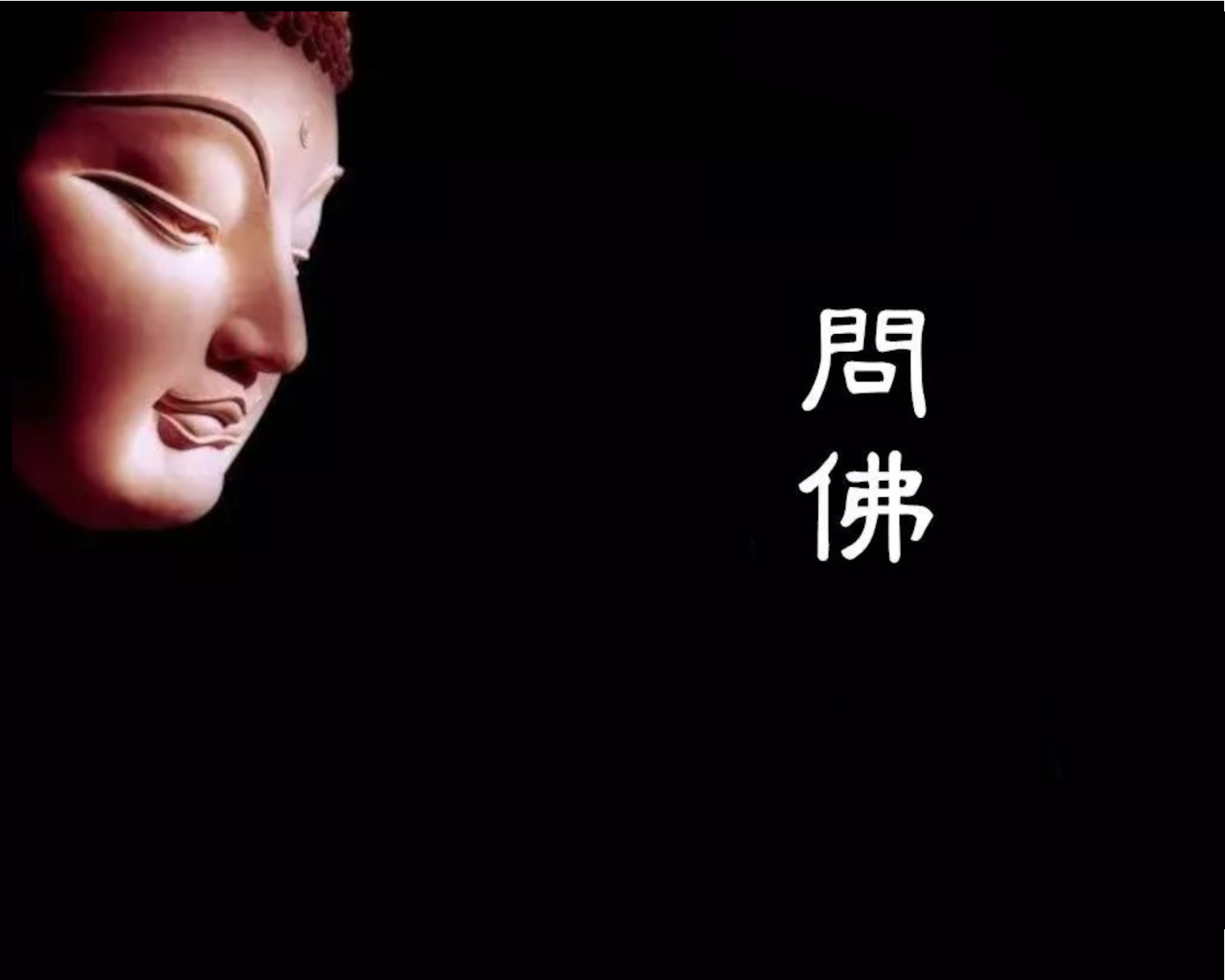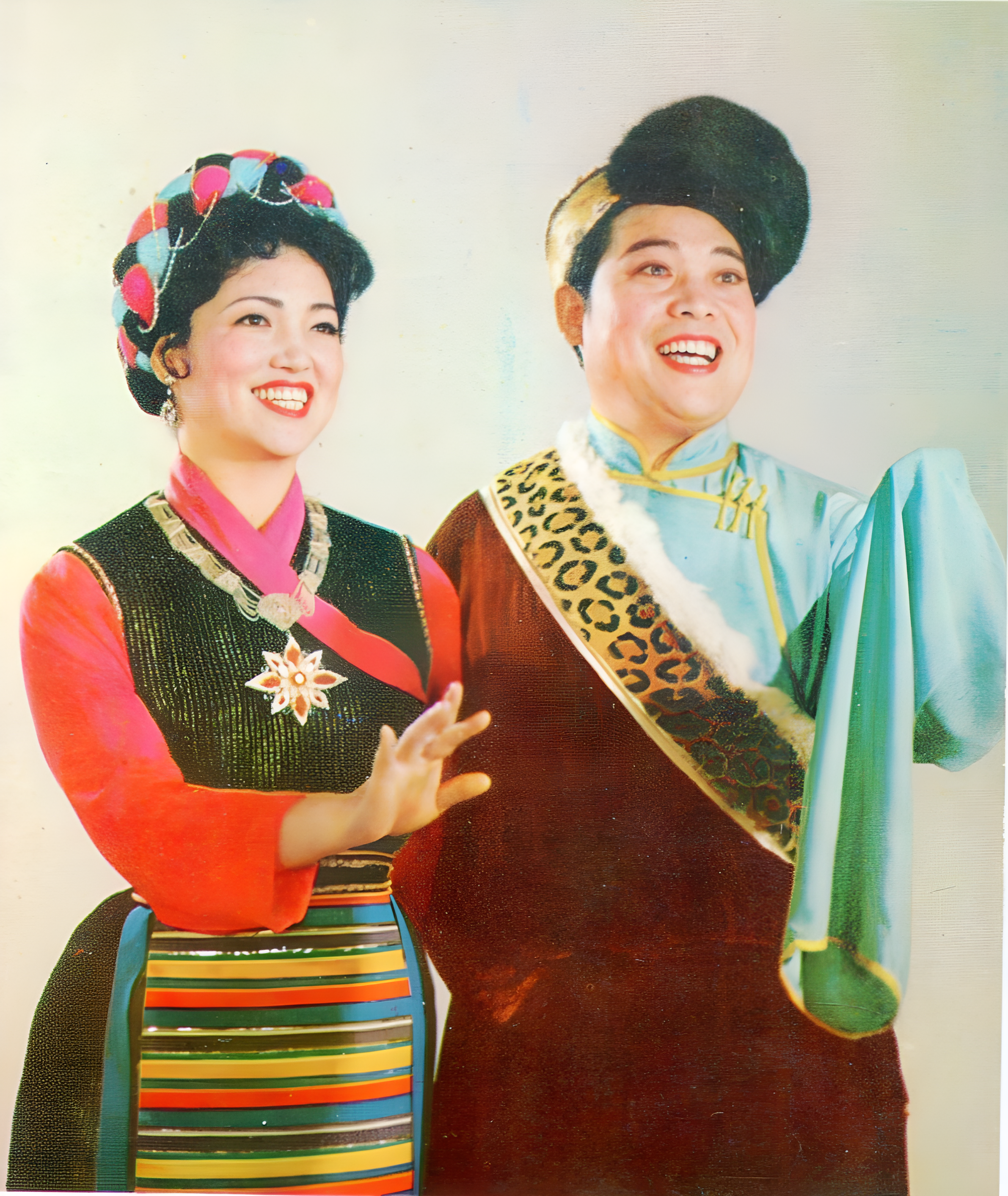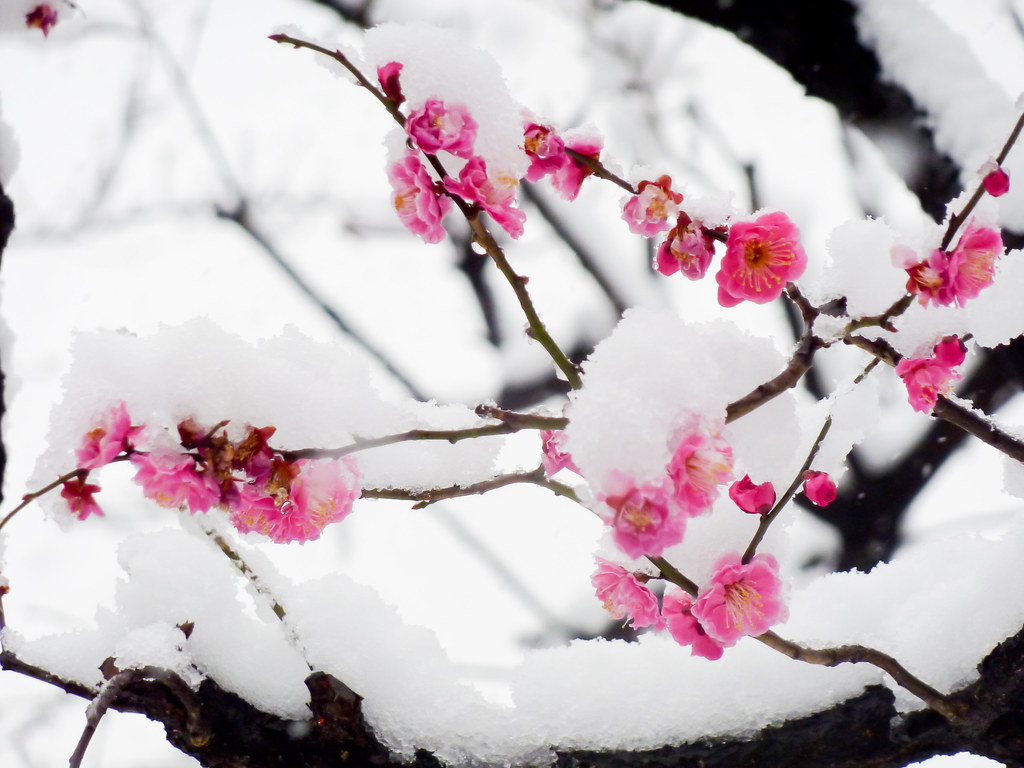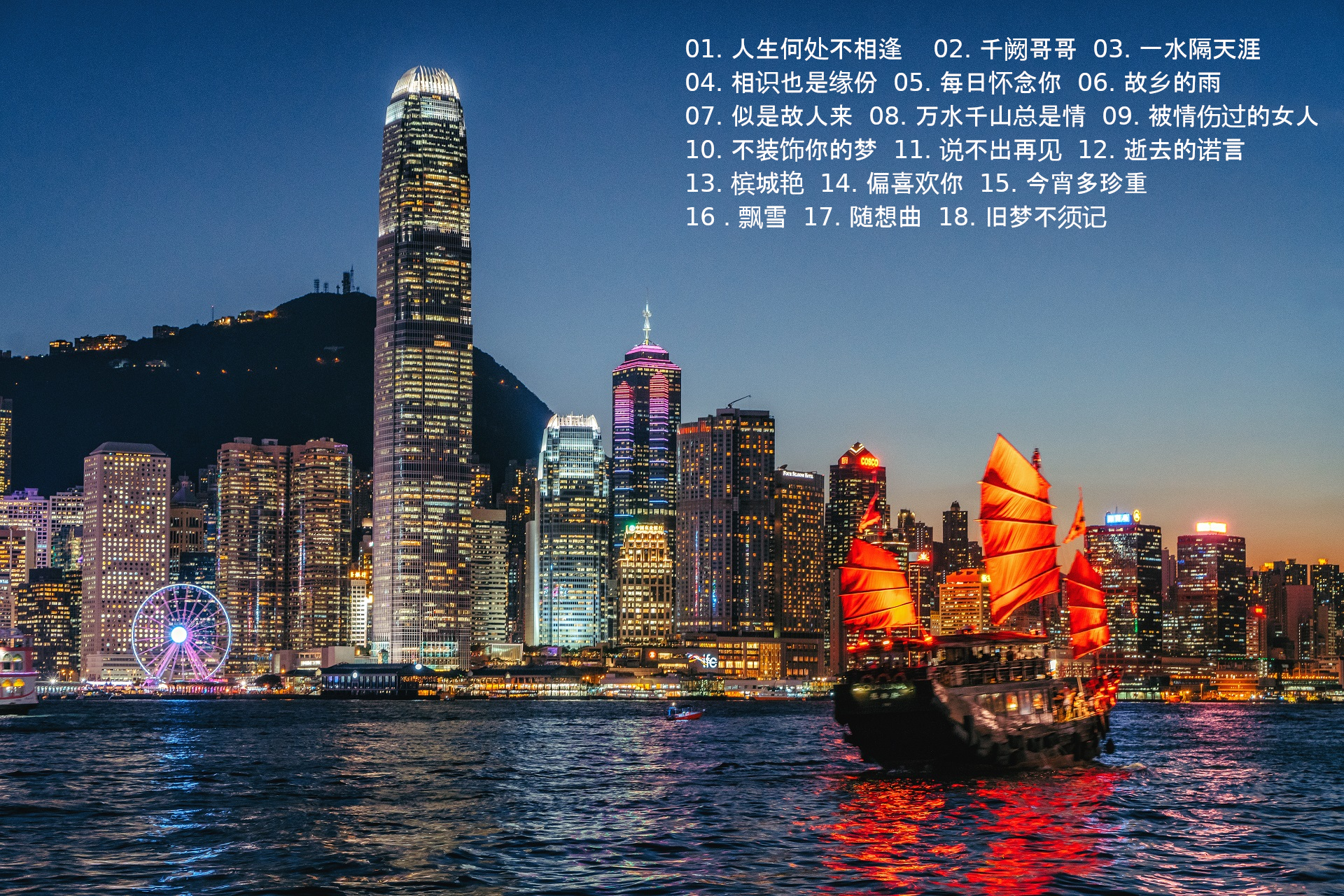
Dominio de Pingus is a Spanish winery located in Quintanilla de Onésimo in Valladolid province with vineyards in La Horra area of the Ribera del Duero region. The estate's flagship wine, Pingus, is considered a "cult wine", sold at extremely high prices while remaining very inaccessible,[1][2] and commands an average price of $811 per bottle.[3]
The winery also produces a second wine, Flor de Pingus, and a special cuvée, Ribera del Duero "Amelia". Recently, Dominio de Pingus has founded a joint project with local grape producers to make an old vine tempranillo called "PSI".
Dominio de Pingus was established in 1995 by Danish oenologist Peter Sisseck, also manager of the Pesquera de Duero estate Hacienda Monasterio.[4] On the estate's winemaking philosophies, Sisseck has stated, "The vines in my plots are very old. They have never been fertilised nor treated with pesticides and all grow following the traditional en vaso system. They are perfect."[4]
About the first 1995 vintage of Pingus, Robert Parker declared, "One of the greatest and most exciting wines I have ever tasted".[5] With a very limited first vintage production, only 325 cases were made with prices initially set at US$200 per bottle, it became yet more scarce when in November 1997 the ship transporting a U.S. bound shipment of 75 cases disappeared somewhere off the Azores in the North Atlantic Ocean.[6] The shipwreck resulted in a dramatic reaction in the US market, with prices soon rising to $495 per bottle.[5][6]
At the Ronda WineCreator conference of April 2008, Sisseck was angered by suggestions by Decanter editor Guy Woodward that some winemakers make wines to suit the palates of certain critics. In response he called Woodward's remarks arrogant for implying winemakers do not have their own opinions, adding, "I don't even think it is possible to do this."[7]
In 2007 it was announced that the Spanish government had approved plans to expand highway roads through the vineyards of Dominio de Pingus and other wineries, which was met with strong opposition by Sisseck who called it a "vengeful measure".[8]
Planted with very old vines of Tinto Fino, i.e. Tempranillo, the vineyards are 2.5 hectares (6.2 acres) in Barrosso with vines exceeding 65 years and 1.5 hectares (3.7 acres) in San Cristobal with vines older than 70 years, and the unusually low average yield of 12 hL per hectare. Since 2000, the viticulture has been biodynamic. Of the annual production of Pingus there is typically less than 500 cases, though in poor vintages no Pingus is made.
The production of the second wine Flor de Pingus, also 100% Tempranillo, is made with fruit from rented vineyards in the La Horra zone, with vines older than 35 years. Since the 2005 vintage, the viticulture has been biodynamic. The annual production is on average 4,000 cases.
Additionally there has been the single barrel cuvée, Ribera del Duero "Amelia", made from a vineyard parcel of 100+ year old vines with an average yield of 10 hL per hectare, with biodynamic viticulture since its initial 2003 vintage. The 2005 vintage had a production of 25 cases.
"PSI" is a joint project based on fruit produced by local grape growers from old tempranillo vines. The goal is to help grape producers and save old vines. Project was founded in 2006, first vintage was 2007. Grape growers are encouraged to employ biodynamic or organic vineyard management practices. The wine is made by Peter Sisseck and Pablo Rubio and sold under producer name Bodegas y Viñedos Alnardo. Vinification takes place in large concrete vats and aging in concrete and wooden tanks and oak barrels. Production of PSI 2009 was 9,600 cases, PSI 2010 was 16,600 cases.






谁能参透世间因果
驱散藏在心中的魔
人间名利谁能淡薄
放下一切平凡的过
缘来缘去人生几何
大千世间多少过客
是福是祸谁能躲得过
看透轮回的舍与得
问一问佛 谁来渡我
谁又能把红尘看破
看透世间事 看清对与错
净化心灵种下善果
问一问佛 谁来渡我
化做佛前莲花一朵
放下杂念事 参悟般若
参破世间生死苦与乐
缘来缘去人生几何
大千世间多少过客
是福是祸谁能躲得过
看透轮回的舍与得
问一问佛 谁来渡我
谁又能把红尘看破
看透世间事 看清对与错
净化心灵种下善果
问一问佛 谁来渡我
化做佛前莲花一朵
放下杂念事 参悟般若
参破世间生死苦与乐
放下杂念事 参悟般若
参破世间生死苦与乐



这世界有那么多人
人群里 敞着一扇门
我迷朦的眼睛里长存
初见你蓝色清晨
这世界有那么多人
多幸运 我有个我们
这悠长命运中的晨昏
常让我 望远方出神
灰树叶飘转在池塘
看飞机轰的一声去远乡
光阴的长廊 脚步声叫嚷
灯一亮 无人的空荡
晚风中闪过 几帧从前啊
飞驰中旋转 已不见了吗
远光中走来 你一身晴朗
身旁那么多人 可世界不声 不响
这世界有那么多人
多幸运 我有个我们
这悠长命运中的晨昏
常让我 望远方出神
灰树叶飘转在池塘
看飞机轰的一声去远乡
光阴的长廊 脚步声叫嚷
灯一亮 无人的空荡
晚风中闪过 几帧从前啊
飞驰中旋转 已不见了吗
远光中走来 你一身晴朗
身旁那么多人 可世界不声 不响
笑声中浮过 几张旧模样
留在梦田里 永远不散场
暖光中醒来 好多话要讲
世界那么多人 可是它不声 不响
这世界有那么个人
活在我 飞扬的青春
在泪水里浸湿过的长吻
常让我 想啊想出神

旅馆寒灯独不眠,客心何事转凄然。
故乡今夜思千里,霜鬓明朝又一年。
译文及注释
住在客栈里,独对残灯,睡不着觉。不知什么缘故,诗人的心情变得十分凄凉悲伤。
在这除夕之夜,想象故乡人思念千里之外的自己的情景,而明天又要增加一岁,新添不少白发啊。佳节思亲是常情,历来如此。但除夕之夜,“独不眠”、“转凄然”、“思千里”,还有一层意思:到了明天,就又增加一岁,包含了诗人年复一年老大无成的伤感。
译文
旅馆里透着凄冷的灯光,映照着那孤独的迟迟不能入眠的客人。这孤独的旅人是为了什么事情而倍感凄然呢?
故乡的人今夜一定在思念远在千里之外的我;我的鬓发已经变得斑白,到了明天又新增一岁。
注释
除夜:除夕之夜。
客心:自己的心事。转:变得。凄然:凄凉悲伤。
霜鬓:白色的鬓发。
明朝(zhāo):明天。


五花马
青锋剑
江山无限
夜一程昼一程 星月轮转
巡南走北 悠悠万事
世上善恶谁能断
巡南走北 悠悠万事
难逃天地人寰
双辕车
乌篷船
山高路远
江山无限
醒也罢梦也罢 人生苦短
千古帝王 悠悠万事
功过自有百姓言
千古帝王 悠悠万事
难逃天地人寰



蔡琴演唱
凤飞飞演唱













